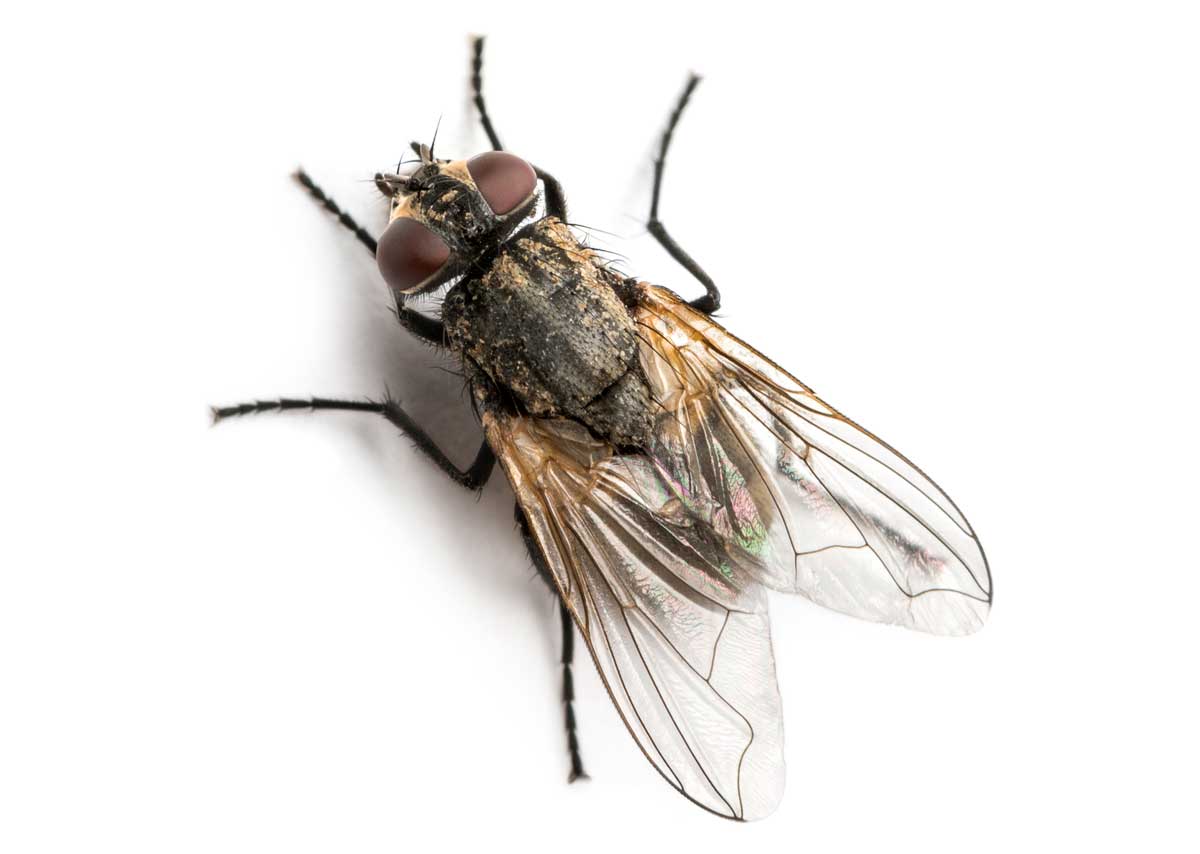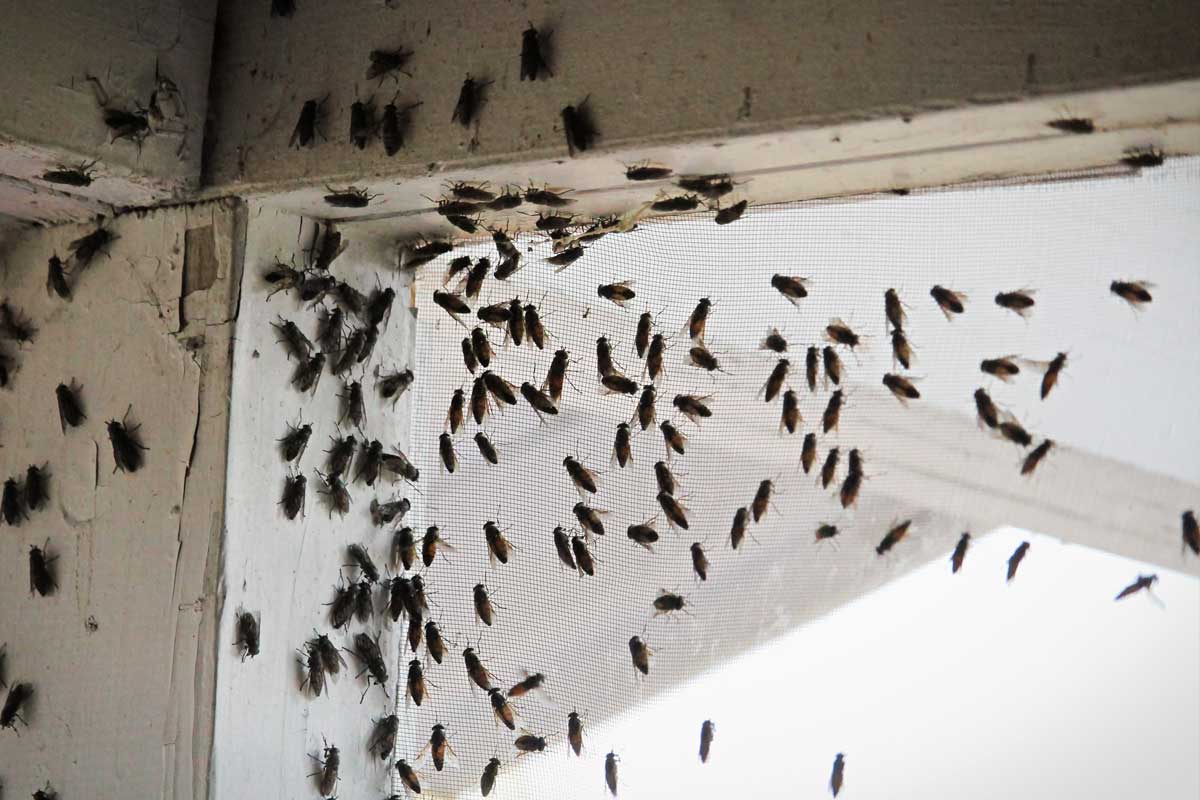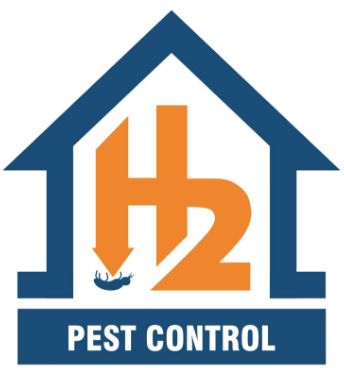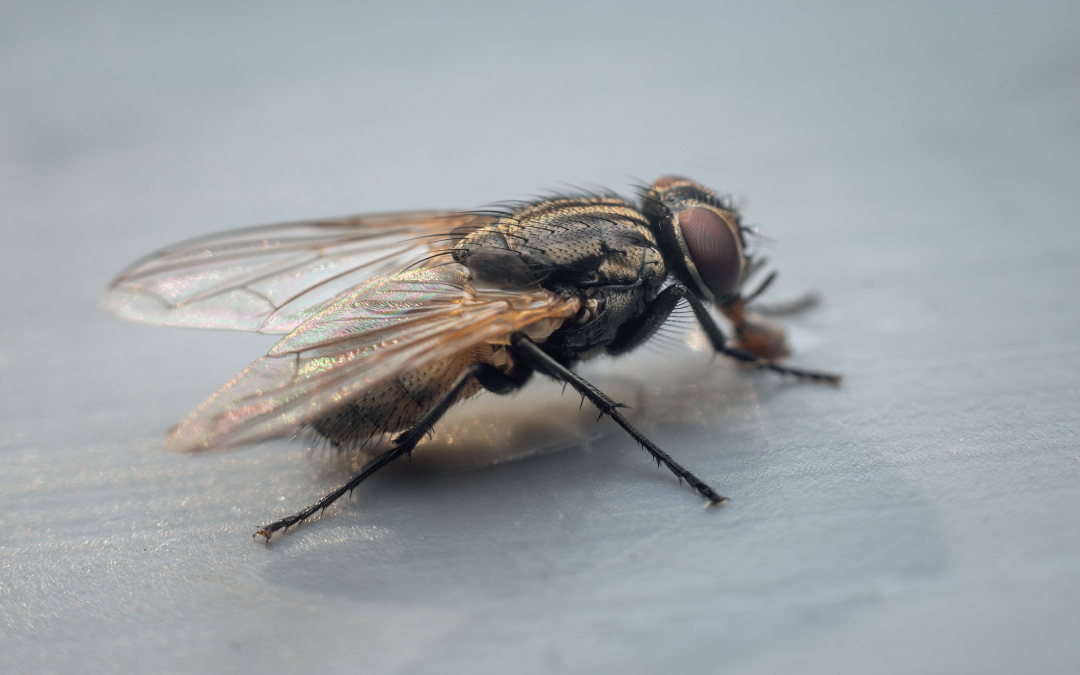Imagine a hot summer day at a picnic. You’re sitting under a tree, enjoying a delicious meal with your family and friends. But then, you notice a swarm of flies buzzing around your food. You try to swat them away, but they keep coming back.
Flies can be a major nuisance, especially during the summer months. They’re attracted to food, garbage, and other decaying matter, and they can quickly contaminate your food if you’re not careful. Flies can also spread diseases, such as food poisoning and typhoid fever.
Here are some other examples of scenes where flies can be a nuisance or even dangerous:
- A restaurant with a fly problem is likely to have a low health rating and be avoided by customers.
- A hospital with a fly problem is a risk to patient safety, as flies can spread infections.
- A farm with a fly problem can cause livestock to become sick and unproductive.
- A landfill with a fly problem is a breeding ground for disease and can attract other pests, such as rats and mice.
What Are Flies?
Flies are insects of the order Diptera. They are characterized by their two wings, which are held over their backs at rest. Flies also have a pair of halteres, which are small club-shaped organs that help them to maintain balance in flight.
Flies are found all over the world, and there are over 150,000 known species. Flies can be divided into two main groups: long-legged flies and short-legged flies. Long-legged flies, such as mosquitoes and crane flies, have slender bodies and long legs. Short-legged flies, such as house flies and fruit flies, have shorter bodies and legs.
Some of the most common types of flies include:
- House flies: House flies are the most common type of fly in the world. They are attracted to food and garbage, and they can spread diseases such as food poisoning and typhoid fever.
- Fruit flies: Fruit flies are small flies that are attracted to ripe fruits and vegetables. They are not known to spread any diseases, but they can be a nuisance.
- Blow flies: Blow flies are large, metallic-colored flies that are attracted to decaying matter. They can lay their eggs on dead animals and other decaying matter, and their maggots can feed on the decaying flesh.
- Mosquitoes: Mosquitoes are small, blood-sucking flies. They are known to spread diseases such as malaria, dengue fever, and yellow fever.
- Horse flies: Horse flies are large, biting flies that are attracted to livestock and other animals. Their bites can be painful and can cause swelling and itching.
Flies play an important role in the ecosystem. They help to break down dead organic matter, and they are also a food source for other animals, such as birds and bats. However, flies can also be a nuisance and a health hazard, so it is important to take steps to control them.

Why Is It Important to Know How Long Flies Live?
Knowing how long flies live is important for a number of reasons. First, it can help you to understand how quickly fly populations can grow. For example, a female house fly can lay hundreds of eggs in her lifetime. If these eggs all hatch, the fly population can quickly become a problem.
Second, knowing how long flies live can help you to develop strategies to prevent and control fly infestations. For example, if you know that flies have a short lifespan, you can focus on cleaning up sources of food and garbage to prevent flies from laying eggs. You can also use fly traps and other fly control products to kill flies.
Finally, knowing how long flies live can help you to identify and address the underlying cause of a fly infestation. For example, if you have a fly infestation in your kitchen, it may be a sign that you have a food or garbage problem that needs to be addressed.
How Do Flies Reproduce?
Flies reproduce sexually. The male fly mates with the female fly, and the female fly lays eggs. The eggs hatch into larvae, which are also known as maggots. The larvae feed and grow, and then they pupate. The pupae transform into adult flies.
The Life Cycle of a Fly
The life cycle of a fly has four stages: egg, larva, pupa, and adult.
- Egg: The female fly lays her eggs on decaying organic matter, such as garbage, food scraps, or pet waste. The eggs are small and white, and they are typically laid in clusters.
- Larva: The eggs hatch into larvae, which are also known as maggots. Maggots are small, white, and worm-like. They feed and grow on the decaying organic matter where they were laid.
- Pupa: When the larvae are fully grown, they pupate. This means that they form a hard case around themselves and enter a resting phase.
- Adult: The adult fly emerges from the pupa. The adult fly is a winged insect that can fly and lay eggs.
How Many Eggs Do Flies Lay?
The number of eggs that a fly lays varies depending on the species. Some flies, such as house flies, can lay hundreds or even thousands of eggs in their lifetime. Other flies, such as fruit flies, lay fewer eggs.
What Is The Lifespan of A Fly?
The lifespan of a fly varies depending on the species. However, the average lifespan of most flies is between 25 and 50 days.
How long do house flies live?
The average lifespan of a house fly is 25 days. However, house flies can live for up to 30 days in ideal conditions.
Factors that can affect the lifespan of a fly
The lifespan of a fly can be affected by a number of factors, including:
- Temperature: Flies are more active in warm weather. In cold weather, flies may become dormant or die.
- Humidity: Flies prefer humid environments. In dry environments, flies may dehydrate and die.
- Food availability: Flies need food to survive. If flies do not have access to food, they will eventually die.
- Predation: Flies can be preyed upon by other animals, such as birds, bats, and spiders.

The average lifespan of a fruit fly is 40-50 days. However, fruit flies can live for up to 60 days in ideal conditions.
Factors that can affect the lifespan of a fruit fly
The lifespan of a fruit fly can be affected by the same factors that affect the lifespan of a house fly, including temperature, humidity, food availability, and predation.
How Long Can Flies Live Without Food?
Flies can live for several days without food, but they will eventually die if they do not eat. The exact amount of time that a fly can live without food depends on a number of factors, including the species of fly, its age, and the temperature and humidity of its environment.
How To Prevent Flies?
Flies are attracted to decaying organic matter, such as food scraps, garbage, and pet waste. They are also attracted to heat, moisture, and light. To prevent flies from infesting your home and yard, you can take the following steps:
- Keep your home clean and free of food scraps and garbage. This includes taking out the trash regularly, cleaning up spills immediately, and storing food properly.
- Dispose of pet waste properly. Pick up pet waste as soon as possible and dispose of it in a sealed container.
- Keep your yard clean and free of standing water. Standing water is a breeding ground for flies, so it is important to remove any sources of standing water, such as bird baths, clogged gutters, and kiddie pools.
- Use screens on your windows and doors. Screens will help to prevent flies from entering your home.
- Use fly traps. Fly traps can help to trap and kill flies. There are a variety of fly traps available, including sticky traps, electric traps, and liquid traps.
- Keep your home cool and dry. Flies are more active in warm and humid conditions.
- Plant fly-repelling plants. Some plants, such as basil, lavender, and mint, can help to repel flies.
- Use natural fly repellents. There are a variety of natural fly repellents available, such as essential oils and vinegar.
- Avoid using artificial air fresheners. Artificial air fresheners can attract flies.
If you have a serious fly problem, you may need to call a H2 Pest Control.
How To Get Rid of Flies?
If you see flies in your home or business, it’s important to take steps to get rid of them. You can start by cleaning up any sources of food and garbage, and by sealing any cracks or openings in your windows and doors. You can also use fly traps or other fly control products to kill flies. If you have a serious fly problem, you may need to call a professional pest control company.
Here are some tips to help you avoid attracting flies:
- Keep your home and business clean and free of garbage, food scraps, and pet waste.
- Keep wounds clean and covered.
- Clean up any spills of bodily fluids immediately.
- Use screens on your windows and doors.
- Keep your garbage can tightly closed.
- Compost food scraps in a sealed container.
- Clean up pet waste promptly.
- Keep your home clean and free of standing water.
- Use fly traps or other fly control products.
There are a few things you can do to get rid of flies in your home:
- Vacuum up flies or kill them with a fly swatter. This is a simple and effective way to get rid of a small number of flies.
- Use fly traps or baits. There are a variety of fly traps and baits available, such as sticky traps, electric traps, and liquid traps. Place the traps in areas where you have seen flies.
- Call a professional pest control company. If you have a serious fly problem, you may need to call a professional pest control company.
There are a few things you can do to get rid of flies in your yard:
- Remove any sources of food or water that are attracting flies. This includes garbage cans, pet waste, and standing water.
- Use fly traps or baits. There are a variety of fly traps and baits available, such as sticky traps, electric traps, and liquid traps. Place the traps in areas where you have seen flies.
If you have a fly problem, it is important to call a professional pest control company, such as H2 Pest Control. Flies can be a nuisance, but they can also be dangerous. They can spread disease, and they can also attract other pests, such as rats and mice.
H2 Pest Control has experienced technicians who are trained to identify and eliminate flies. They will use a variety of methods to get rid of the pests, including pesticides, traps, and bait.
Here are some of the benefits of calling H2 Pest Control for fly control:
- Experienced and trained technicians
- A variety of methods used to get rid of the pests
- Fast and effective results
If you have a fly problem, please do not hesitate to call H2 Pest Control today for a free consultation.



